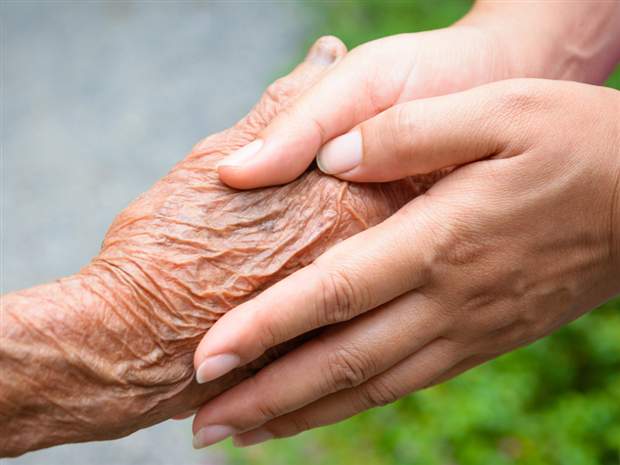By NEIL CONNOR, THE TELEGRAPH
A Chinese village is naming and shaming people who do not care for their parents, plastering their pictures on billboards and rolling out plans to broadcast details of their “crimes” on loudspeakers.
The village drew up the rules after local elderly people raised concerns that they were not being treated well by their offspring.
Caring for parents is considered the most sacred of Chinese virtues, but decades of economic growth have led many of today’s generation to focus more on their careers than caring for parents.
Huangfeng village in the south-western Sichuan province drew up regulations to shame those considered guilty.
Filial piety is China’s greatest virtue
“Filial piety is China’s greatest virtue,” said Zhang Yiping, local party village secretary. “And Chinese people also hate losing face, so making their bad behaviour public will make them ashamed and persuade them to change their ways.”
Zhang said village chiefs “try to talk” with offending children to persuade them to improve.
If they continue to treat their parents badly, the village puts their personal details, their photograph and the specifics of what they have done wrong on a public billboard.
The village is also preparing to take the campaign for the elderly a stage further next year.
“We are planning to shame villagers who don’t fulfil filial duties on loudspeakers from January,” Zhang said.
The village leader denied the rules violated people’s rights to privacy.
“The rules were approved at the village committee by our representatives, so it is perfectly legal,” he said.
China is one of a handful of countries to have laws that allow the elderly to force their adult children to take care of them.
More than 1,000 elderly Chinese people have reportedly gone to court to force offspring to pay assistance costs.
In 2013 Beijing took the regulations a stage further by passing a law compelling adults to provide emotional support and visit their ageing parents.
The law lists a series of obligations to provide for the “spiritual needs of the elderly”, which include going home “often.”
Shanghai, China’s commercial hub, issued regulations earlier this year that children living apart from their parents should “visit or send greetings often” — or face having their credit scores lowered.
Observers have criticized such measures as being difficult to enforce, namely because there has never been any legal definition of how many times people are expected to visit their parents.
Adult children can often live hundreds of kilometres from their parents, because many leave their home towns to find professional work in booming coastal cities.
Encouraging filial piety by including the virtue in national policy is a key indicator of the level of concern in Beijing about who can care for China’s growing ranks of elderly.
Four decades of the one-child policy has resulted in a dwindling workforce and a rapidly aging population. By 2050, 30 per cent of Chinese will be 60 or over, the UN estimates, versus 20 per cent worldwide and 10 per cent in China in 2000.




